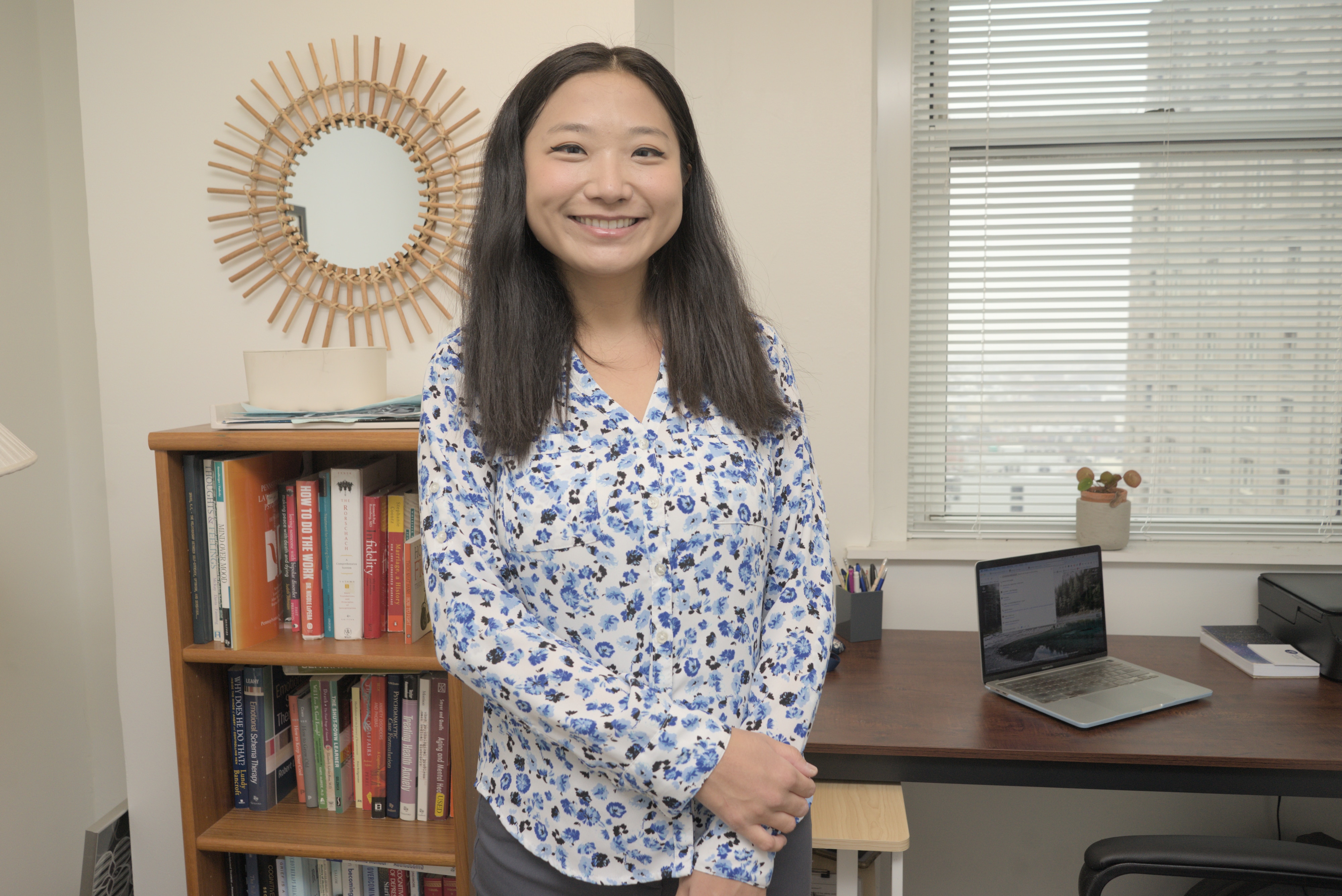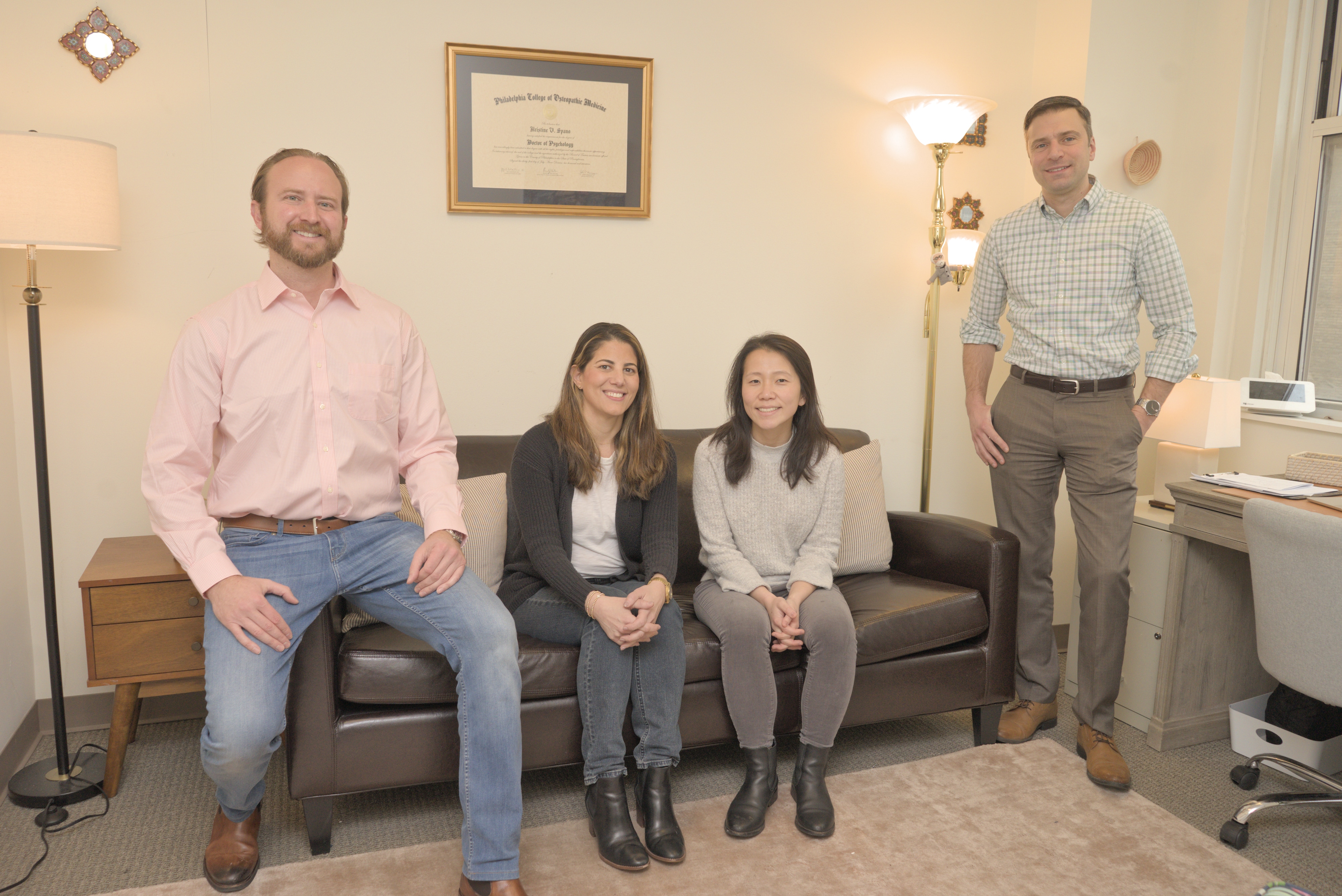Depression and Bipolar Affective Disorder Treatment in Philadelphia, Pittsburgh, Allentown, The Main Line, Delaware, South Jersey and others. In-office and Virtual Care.
To filter based on providers licensed in your state, click here.
What are mood disorders?

The term “mood disorder” refers to a group of treatable medical conditions that result in periods of significant distress or functional impairment for the individual. They include Major Depressive Disorder (MDD), Bipolar Disorders (BPAD Types 1 and 2), Persistent Depressive Disorder (Dysthymia), Premenstrual Dysphoric Disorder (PMDD) and others. There are many psychiatrists, psychiatric nurse practitioners and psychotherapists in Philadelphia, Pittsburgh, Allentown, Delaware, New York and throughout the areas that we serve with specific training in the treatment of mood disorders.
Why should I see a doctor for problems with depression, bipolar affective disorder or my mood?

Non-psychiatric medications, psychiatric medications, medical illnesses, hormonal changes (in men and women), seasonal changes, nutrition, physical activity, alcohol and illicit substance use and stress can result in depression and problems with one’s mood. Proper diagnosis and treatment of Depression (MDD, PMDD, Bipolar Depression, substance induced depressions and others) requires a full medical and psychiatric workup, often including laboratory studies.
What types of treatment are available for depression (MDD and PMDD), bipolar disorder (BPAD) and mood disorders?
Best treatment of depression and mood disorders should be tailored to the individual and can consist of behavioral modification, psychotherapy, medication management or a combination of the above. A thorough evaluation by a physician or psychiatric nurse practitioner who specializes in mood disorders is recommended as treatment may vary from changing a non-psychiatric medication that is causing mood difficulties (and coordinating with other providers) to adding a medication that targets depression, bipolar affective disorder or mood symptoms directly. Therapy for life’s stressors and modification of behaviors (physical activity, diet, meditation, yoga and substance use for example) should be thoroughly discussed and part of your treatment plan with your doctor for major depressive disorder (MDD), bipolar affective disorder (BPAD) and mood disorder symptoms (mood disorder NOS).
 How can I find treatment for my Mood Disorder?
How can I find treatment for my Mood Disorder?
There are several options for finding a psychiatrist or psychiatric nurse practitioner who treats depression and mood disorders in Philadelphia, Pittsburgh, Allentown, New York, Delaware and the other areas that we serve. This process can seem overwhelming (particularly if you are struggling with depression or mood instability). However, finding a mood disorder specialist is no different than finding a specialist in other fields of medicine. Talk to your doctor about psychiatrists in Philadelphia, on the Main Line or in your specific area, who treat depression and mood disorders. Call the departments of psychiatry at local Philadelphia or Pittsburgh hospitals and teaching institutions and ask what physicians they recommend. Call your insurance carrier and ask about mood disorder treatment near you or search the internet for psychiatrists who treat depression or bipolar affective disorder. If you have family or friends who have seen local psychiatrists who specialize in depression or mood disorders, it may be reasonable to ask if they would recommend (or not recommend) a certain doctor or psychiatrist in Pennsylvania, New Jersey, New York, Delaware or your specific area. See the “Resources” tab for additional information.
What should I do in case of an Emergency?
Immediately dial 911 or go to your nearest Emergency Room or crisis center.
For non-emergent issues, the “Resources” tab has information regarding hotlines, mental health associations (for both patients and family members) and other information that may be applicable.
Click the link for short Videos Related to Mood Disorders in our Youtube Channel.
Go to “Videos” and then search by topic (100+ videos on specific medications, side effects, tapering medications and other mental health topics).
Quick Links and Examples of Videos:
Liz Milburn, CRNP discussing Major Depressive Disorder, Bipolar Affective Disorder (video 1 Video 2).
Prozac (Fluoxetine) General Information
Cymbalta (Duloxetine) General Information
Wellbutrin (Buproprion) General Information
Call to Schedule: 267-358-6155 x 1
Scheduling@RittenhousePA.com
Or Inquire Directly through our Contact Page
Recommended texts
- Bipolar 101: A Practical Guide to Identifying Triggers, Managing Medications, Coping with Symptoms, and More. By Ruth C. White PhD MPH MSW and John D. Preston PsyD ABPP. 2009.
- Bipolar Disorder: A Guide for You and Your Loved Ones (A Johns Hopkins Press Health Book). By Francis Mark Mondimore, MD. 2020.
- DePaulo, R., Horvitz, L. Understanding Depression: What We Know and What You Can Do About It. 2007.
- Mind Over Mood: Change How You Feel by Changing the Way You Think. Dannis Greenberger, Christine Padesky, Aaron Beck. 2015.